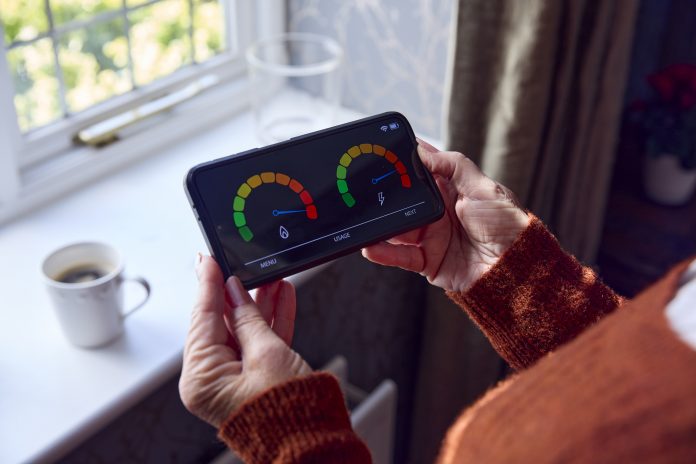To try to tackle rising energy costs and create better living conditions for UK citizens, the government is rolling out a plan to upgrade private rented homes across the country
The initiative, known as the “Plan for Change,” is designed to lift half a million households out of fuel poverty by 2030, specifically focusing on improving energy efficiency in rental properties.
This reform promises to bring long-awaited relief to families struggling with cold, drafty homes and soaring energy bills.
Warmer homes at a more affordable cost
The government’s new strategy aims to make private rental homes warmer and more affordable by introducing energy-saving measures, such as loft insulation, cavity wall insulation, and double glazing.
These changes are set to significantly reduce energy bills, with renters expected to save an average of £240 a year. The initiative also requires that all private landlords in England and Wales meet a higher energy efficiency standard by 2030.
Private rental homes must have an Energy Performance Certificate (EPC) rating of E or above. By 2030, however, landlords must upgrade their properties to at least an EPC C rating.
The future of better living conditions
The government isn’t just making these changes to save money; they also want to create healthier, more comfortable living spaces for tenants.
The government acknowledges that poor housing conditions have been a long-standing issue for many renters, with inefficient homes pushing up energy costs and affecting people’s quality of life.
Tenants in older, low-cost homes have faced the harsh realities of fuel poverty, often with little recourse to improve their living conditions. The new regulations aim to address these disparities by requiring landlords to invest in their properties, ensuring that homes are better insulated and more energy-efficient.
Managing energy efficiency
As part of this plan, the government will offer landlords a choice of how to meet the new energy efficiency standards. This could include installing insulation, double glazing, or renewable energy solutions like solar panels.
The government has also set a £15,000 cap on landlords’ costs per property. Financial support is available through schemes like the Boiler Upgrade Scheme. Provisions for properties with lower rents or in certain council tax bands could lower the cost cap to £10,000.
The new strategy is expected to have a big impact on tenants, particularly those in the private rental sector, where the risk of fuel poverty is higher than in other housing tenures.
Around one in four private renters are currently living in fuel poverty, making them more vulnerable to the health risks associated with cold homes, such as respiratory problems and damp-related conditions like mould. By improving the energy efficiency of these homes, the government hopes to alleviate these health risks and provide tenants with more secure, affordable living conditions.
Landlords who invest in energy-efficient upgrades will see long-term benefits, including higher property values and better tenant retention. The government’s plan is designed to ensure that these improvements are not a financial burden on landlords, with clear guidelines and financial support available to help with the costs.
The government is now seeking feedback from tenants and landlords on these proposals, ensuring that the policy reflects the needs and concerns of all stakeholders. The consultation is part of the broader effort to tackle fuel poverty and create a fairer, more sustainable housing market.











